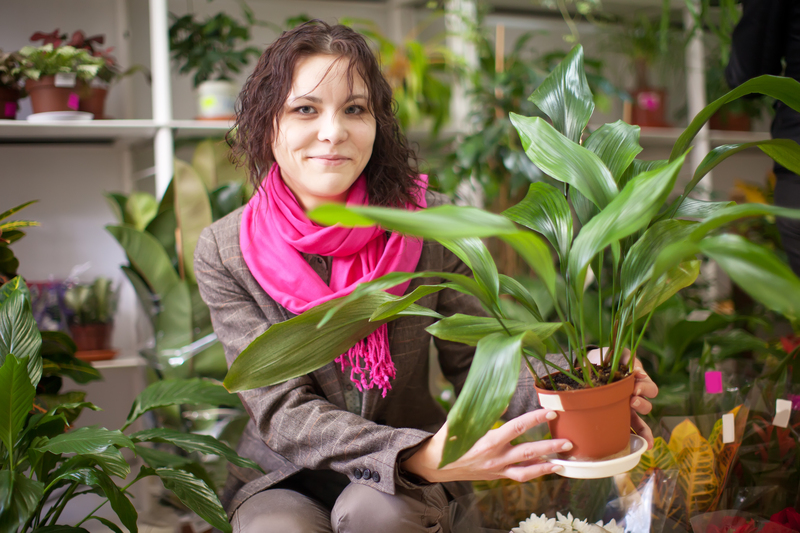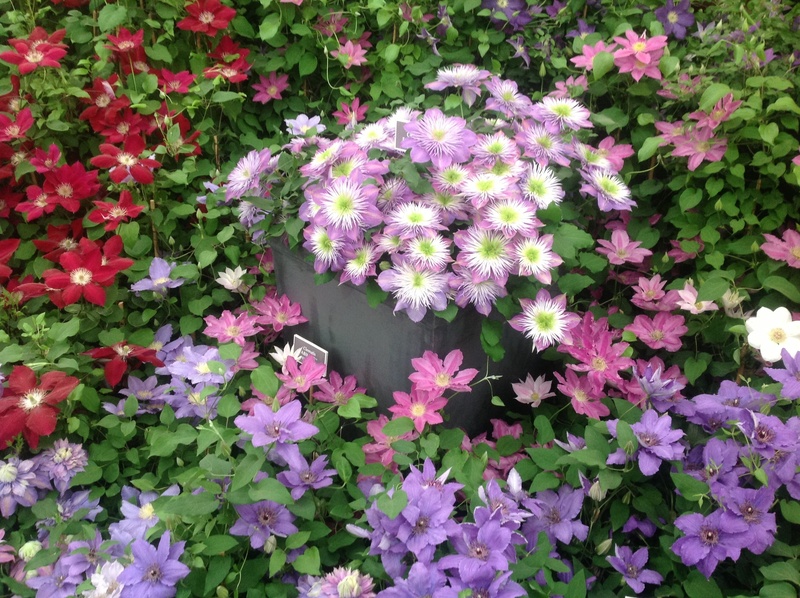Sustainable Gardening Practices: Eco-friendly techniques for a greener garden
Posted on 28/03/2024
Gardening has always been a popular hobby for many people, not only for the joy it brings but also for the environmental benefits. However, traditional gardening practices can often be harmful to the environment, using excessive water, pesticides, and non-organic fertilizers. This has led to a rise in sustainable gardening practices that aim to reduce the negative impact on the environment while maintaining a beautiful and healthy garden. In this article, we will explore some eco-friendly techniques for a greener garden.
What is Sustainable Gardening?
Sustainable gardening is a method of gardening that focuses on minimizing waste, conserving resources, and promoting biodiversity. Its main goal is to reduce the use of chemicals and energy while maintaining a healthy and productive garden. This can be achieved by adopting eco-friendly practices such as composting, using natural fertilizers, conserving water, and choosing native plants.

Composting
Composting is one of the most important sustainable gardening practices. It involves decomposing organic matter such as food scraps, leaves, and yard waste into nutrient-rich soil that can be used as fertilizer. Not only does this reduce waste in landfills, but it also helps improve soil quality and promote healthier plant growth. Compost also acts as a natural pesticide and helps retain moisture in the soil, reducing the need for chemical fertilizers and pesticides.
Natural Fertilizers
Traditional gardening practices often involve using synthetic fertilizers that can leach into groundwater and harm beneficial organisms in the soil. In contrast, sustainable gardening promotes the use of natural fertilizers such as compost, manure, or seaweed extracts. These natural options provide essential nutrients to plants without harming the environment.
Water Conservation
Conserving water is crucial in sustainable gardening since traditional watering methods are often wasteful. One way to reduce water usage is by planting native plants that are adapted to the local climate and require less watering. Another method is to use a drip irrigation system that targets the plant's root zone, reducing water loss through evaporation. Collecting rainwater in a barrel also provides a free and natural source of water for your garden.
Native Plants
Incorporating native plants in your garden is another significant aspect of sustainable gardening. Native plants are adapted to the local climate, making them more resilient to weather conditions and pest infestations. They also provide food and shelter for local wildlife, enhancing biodiversity in your garden. In contrast, non-native plants often require excessive amounts of water and pesticides to survive, contributing to environmental damage.
Pros and Cons of Sustainable Gardening
Like any gardening practice, sustainable gardening has its pros and cons. The benefits include reducing environmental impact, promoting biodiversity, and producing healthier and more nutritious food. It can also save time and money in the long run by reducing the need for chemicals and frequent watering. However, implementing sustainable gardening practices may require more effort and knowledge compared to traditional methods. It may also take some time to see results as it involves building healthy soil over time.
Tips for Sustainable Gardening
- Start small: Begin with a small area in your garden or try out one sustainable practice at a time.
- Use organic materials: Choose organic seeds, soil, fertilizers, and pest control products.
- Rotate crops: Rotating crops can help improve soil health and reduce the risk of pest infestations.
- Mulch: Adding mulch to your garden helps retain moisture in the soil and suppress weeds.
- Plant pollinator-friendly flowers: Attracting pollinators such as bees and butterflies is beneficial for both your garden and the environment.

Key Takeaways
Sustainable gardening is a holistic approach to gardening that benefits the environment, your health, and your wallet. By implementing eco-friendly practices such as composting, using natural fertilizers, conserving water, and choosing native plants, you can reduce waste and promote biodiversity in your garden. While it may require more effort and knowledge, sustainable gardening is a rewarding practice that contributes to a greener and healthier planet.
Conclusion
In conclusion, sustainable gardening is the way forward for creating beautiful and environmentally friendly gardens. By adopting simple practices like composting, using natural fertilizers, conserving water, and choosing native plants, you can help reduce the negative impact of traditional gardening methods on the environment. With a little effort and dedication, you can enjoy a thriving and sustainable garden that benefits both you and the planet.
Latest Posts
Inspiring Ways to Refresh Your Garden This Autumn Season
A Step by Step Guide to Keeping Artificial Grass Fresh and Spotless
Creative Planting Ideas to Design a Serene Zen Oasis







